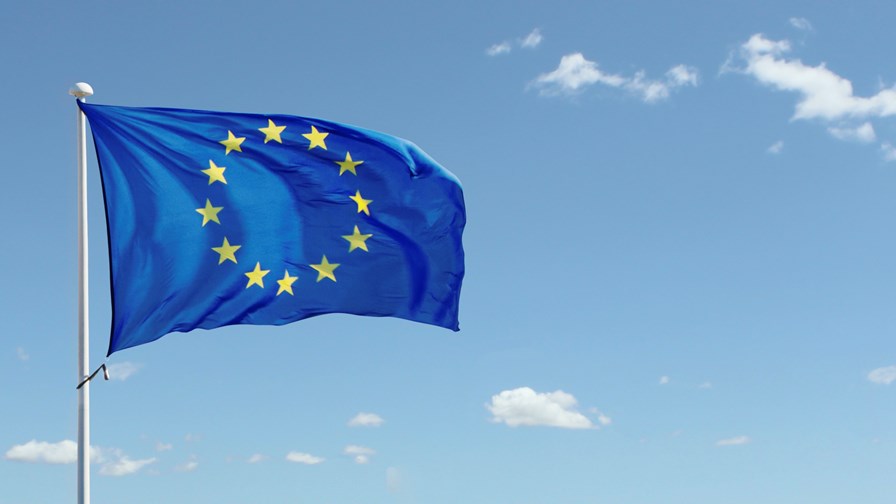
- The controversial ‘fair share’ resolution was included in a competition policy document voted on this week by members of the European Parliament
- They voted in favour of a ‘policy framework’ that would call on big tech companies to contribute to telco capex budgets
- It’s only a first step but shows there is support for the ‘telco tax’ proposals
- Hundreds of billions of euros in funding are at stake
- It’s hard to see how anyone (other than lawyers) will benefit
The ‘fair share’ (or ‘telco tax’) proposal that would require so-called big tech companies to contribute to the capital expenditure (capex) budgets of telecom operators in European Union member states gathered support from the majority of members of the European Parliament (MEPs) this week.
During a plenary session, the MEPs voted on the latest competition policy document that included a vast range of resolutions on mergers, antitrust legislation, competition policy in the digital age, and a range of resolutions focused on particular sectors.
In the sectoral section of the document, the following proposal was included:
- [The European Parliament] is of the opinion that the economic sustainability of telecom networks is essential to achieving the 2030 Digital Compass connectivity targets and high-performance connectivity for all citizens within the EU without jeopardising competition rules; urges the commission to address and mitigate persistent asymmetries in bargaining power as set out by the European Declaration on Digital Rights and Principles for the Digital Decade; calls for the establishment of a policy framework where large traffic generators contribute fairly to the adequate funding of telecom networks without prejudice to net neutrality.
The closing phrase “without prejudice to net neutrality” was added as an approved amendment, seemingly to guarantee that any resulting legislation would continue to ensure that all internet traffic is treated equally: The competition policy document was “adopted” by the European Parliament following an overwhelming vote in favour of it (428 for, 147 against, 55 abstentions).
The vote will please the major telcos that signed a statement last year calling on the European commissioners to introduce legislation forcing the major generators of digital data and video traffic (which would include the likes of Netflix, Facebook and Instagram parent Meta, Google, Microsoft, Apple and Amazon) to contribute towards the cost of building and maintaining broadband networks.
It will also please the European Commission’s industry chief, Thierry Breton (a former CEO of Orange, or France Telecom as it was then known), who initiated an exploratory consultation earlier this year into the pros and cons of fair share contributions and who is expected before the end of June to report on the feedback (reportedly hundreds of responses) that has been submitted: Breton believes Europe is lagging in its digital infrastructure investment and has defended the move to consider fair share contributions from the big tech companies.
The main challenge is that the financial health of the telecom network operator community is in decline and that is being reflected in the share prices of the listed telcos. The operators are not getting a return on investment that is encouraging shareholder support or infrastructure investment above and beyond meeting their licence requirements.
But the Digital Compass connectivity targets include provision of 1 Gbit/s internet access to all European Union households by 2030 and for all “populated areas” to be reached by 5G mobile services by that same deadline. According to EC research, as cited in this European Parliament document, the investment needed to meet those targets comes to €174bn and the telcos are not prepared to make that investment without some kind of help and, as you’d expect, the industry bodies that represent the telcos are pushing the case hard for big tech capex contributions – see Telco lobby groups reignite Europe’s ‘fair share’ debate.
Imposing, and then calculating, fair share contributions looks to be an almost impossible task, and, if passed and implemented as law by the European Commission, looks more likely to negatively impact European citizens and businesses than help anyone (please note, this is the personal view of this article’s author).
Any such move would also likely result in appeals and legal action that would benefit nobody except those in the professional services and legal professions – just imagine the fees!
But we are a way off that stage yet. Breton is yet to report on his consultation and the European Parliament resolution now has to go to the European Council, the European Commission, and the parliaments and competition authorities of each EU member state. And there appears to be significant opposition to the introduction of fair share by many member states and by Europe’s telecom regulatory body BEREC (which is due to discuss its latest fair share thinking today).
What might the outcome be? Years of uncertainty and lobbying, most likely: Perhaps the best that Europe’s telcos can hope for is that the European Commission might help out in other areas, including state funding and M&A legislation that would enable greater (and seemingly needed) consolidation that could help ease some of the economic pressures.
Ultimately, though, it’s hard to see how any of this is going to help Europe’s digital aspirations and the lot of the region’s citizens. One thing we can be more sure of is that we’ll be hearing plenty about the pros and cons of the ‘telco tax’ arguments for at least the rest of 2023 (and likely well beyond).
- Ray Le Maistre, Editorial Director, TelecomTV




